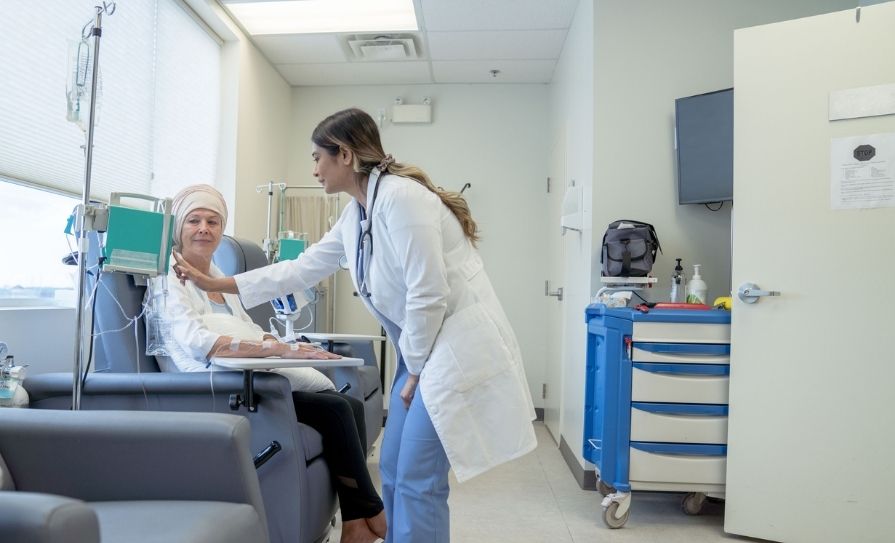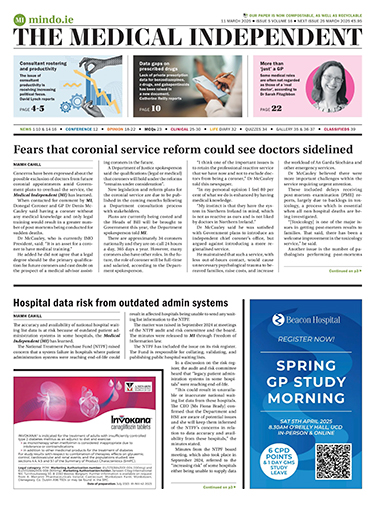Donation after circulatory death (DCD) accounted for 28 per cent of deceased donor kidney transplants last year, the highest level recorded to date.
There is increasing use of kidneys from DCD donors and older donors with medical co-morbidity (‘extended criteria’ donors), according to the 2023 annual report of the National Kidney Transplant Service (NKTS). The average age of recipients is also increasing.
“While the transplant outcomes for patients receiving such transplants remains excellent, this necessary evolution in organ utilisation patterns is not without cost,” stated the report.
In 2023, kidney transplantation was of “significantly increased medical complexity”. For some organ recipients, this resulted in longer hospital stays, greater rates of delayed graft function, and higher rates of readmission. It also involved greater use of intensive care beds and supporting services such as the national histocompatibility and immunogenetics service for solid organ transplantation and interventional radiology.
The report underlined that “continued investment in transplant infrastructure” is required as these trends in organ utilisation are set to continue.
In 2023, the NKTS at Beaumont Hospital in Dublin performed 189 kidney transplants, just below the highest number recorded in a single year (192 in 2011). Of these, 30 were from living donors and 159 from deceased donors. The report paid tribute to the remarkable generosity of deceased donor families and living donors.
During the year, 198 new patients were listed for kidney transplant representing a 6 per cent increase on the previous year.
“The global shortage of organs relative to the number of patients waiting for a kidney transplant remains an ongoing challenge,” noted the report. “Increased awareness of living donor transplantation, increased resourcing as highlighted above to permit utilisation of more marginal organs, and active transplant waiting list management to ensure fitness for transplant at the time of organ offer will all be required to meaningfully address the organ shortage.”
In 2021, Ireland’s overall rate of kidney transplant per million population (PMP) was 27. This compared with a European average of 36 PMP recorded in the European Renal Association Registry Annual Report 2021.
The countries with the highest rates of kidney transplantation were Spain (62 PMP), Northern Ireland (56 PMP), the Netherlands (51 PMP), and Scotland (49 PMP).
Earlier this year, Minister for Health Stephen Donnelly announced €1.6 million in new development funding to support the “early phases” of the 2024-2026 strategic plan of HSE Organ Donation and Transplant Ireland.
The HSE has stated that this plan will set out the services required over the next 10 years.













Leave a Reply
You must be logged in to post a comment.